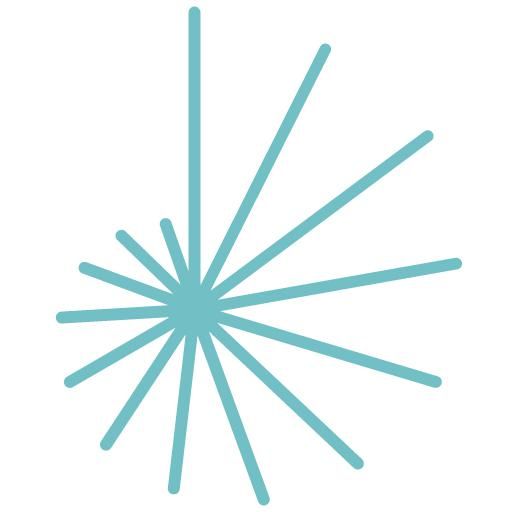What is fairness? According to geneticist Paige Harden, “Fair is not everyone getting the same thing. Fair is everyone getting what they need to succeed.” As an analogy, we have eyeglasses for people who have a genetic predisposition for bad eyesight. This intervention is provided to them for their entire lives. Genetics is a tool for understanding what people need. We cannot achieve fairness simply by treating everyone the same.
KATHRYN PAIGE HARDEN: My own daughter's preschool class had this bubble-lettered, rainbow-colored sign in her classroom that says, "Fair is not everyone getting the same thing. Fair is everyone getting what they need to succeed." Genetics is a tool for seeing, what do people need to move away from this idea of, 'We can achieve fairness just by treating every student exactly the same.'
Art Goldberger was an economist in the 1970s, and he was very critical of the idea that genetics meant that something couldn't be intervened on. And his classic example was eyeglasses- that if you have a genetic predisposition towards poor eyesight, we've invested in developing a technology that can help you see, and it's an environmental one, and we apply it for as long as people need. We don't give it to them for just one day and be like, "Well, you've had your intervention, like, why are you still complaining?" People get to keep their eyeglasses. They get to have a sustained intervention.
I love the Goldberger example because it both shows that genetically-influenced things can be changed by the environment, but also reminds us that the environments might need to be sustained. They might not be able to be these kind of one-time nudges. A lot of researchers, a lot of educators, a lot of policy makers have great intentions, and yet our ability to execute, our ability to actually pull off interventions that make a positive difference is really disappointing. Most of the things that we try in education, even when they're very well-funded, make absolutely no difference in children's lives. So that says that we need to improve our basic science.
All of our policies, all of our interventions are based on a model of: what causes what in the world? We have a model of how the world works, and then we tinker with it. If our tinkering doesn't work, that suggests that our model of the world is wrong. So I think genetics can be used as a tool to improve our understanding of the way the world works, which ultimately can improve our ability to intervene in that world. auticon is this company that selectively recruits people with Autism spectrum disorders, and deliberately designs the physical environment and working environment to accommodate their neurodiversity.
So there aren't loud, fluorescent lights. There isn't a workplace culture that depends on picking up on really subtle social cues- everything, all the feedback is given back very explicitly. I think this is a fascinating example of thinking about, how do you acknowledge differences in functioning, and create a space where people participate as equals? What if we thought about our educational spaces in the same way? If 90% of children had ADHD and only 10% of children could sit still in a desk, how would we design school? Those are the sorts of thought experiments I want people to be engaged in.







